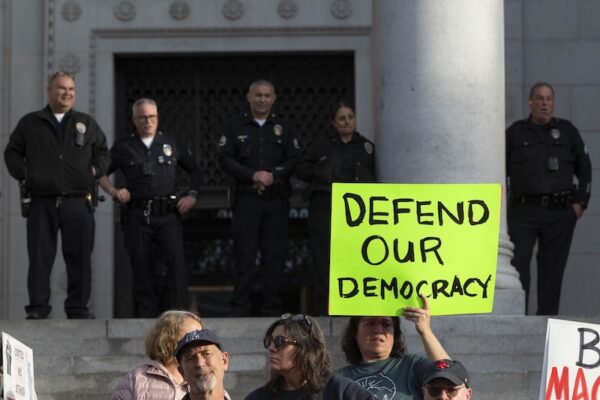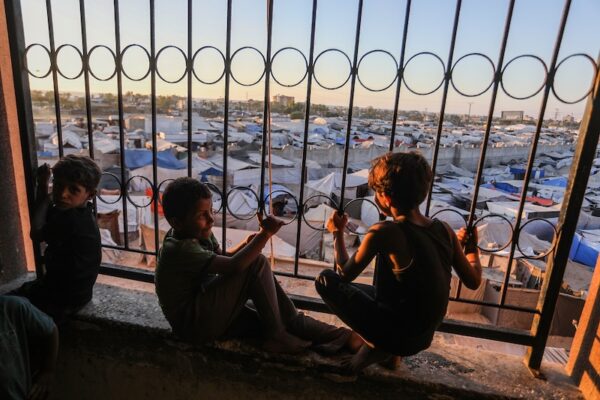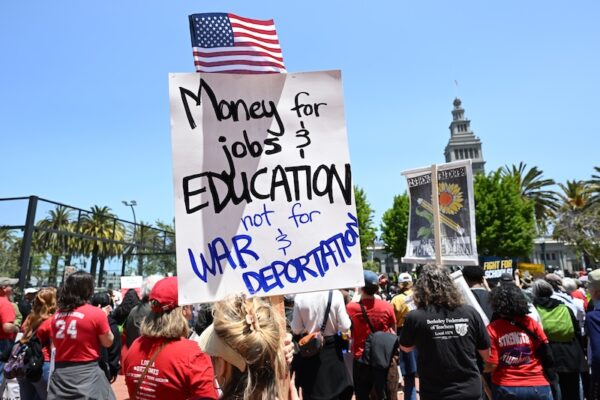Threat of far-right parties in Europe
The rise of the far-right political parties in Europe once again became a hot topic during last week’s elections in the Netherlands. Despite the public opinion polls predicting a narrow victory for Party for Freedom candidate Geert Wilders and their increased number of seats in Parliament, the party came in a distant second in the elections. After the Dutch elections and the previous narrow electoral defeat of Nortbert Hofer’s far right Freedom Party in Austria, many have started to notice the emergence of a reverse wave pushing back against the far-right political parties in Europe. For some, it was the return of normalcy after this populist-right wave in Europe. However, the reality of the situation may not concur.
Over the last few years of elections, the far-right political parties in Europe have made significant gains by stirring up discourse against immigration, Islam and, in some instances, against the European Union. There has been a common pattern and dialogue among these political parties. Shockingly, the party leaders made statements during their campaigns which should be considered unacceptable in modern society. Previously, only a fraction of the marginal groups were using such discourse. Primarily through social media, these campaigns blazed forward with their rhetoric, openly targeting “different” cultures and immigrants. The acceptance of this discourse in a national political campaign, and its increasing degree of appeal for the different segments of the society, was shocking for many watching. For some, this increase in extreme nationalism was part of the rise of right-wing populism around the globe, whereas for others, it was the political aftershock of the global economic crisis over the last decade. Regardless of the reason, these elections demonstrated the danger of these rising political ideologies in Western European countries. Accordingly, the hateful rhetoric of the irresponsible politicians and demagogues has generated significant threats concerning the security of the country’s citizens since it has become difficult to demobilize this disturbing wave.
Second, despite the defeat of the far-right parties in the elections, their prejudices have not completely been squashed. Bits of their campaign rhetoric have become a trend for mainstream political parties who consider it “too costly” to totally resist and reject the policies suggested by the far-right. In fact, the Netherlands’ winner was doing just that by not standing against racism, and instead caving in to this discourse and trying to adopt a “softer” version of the same rhetoric. The political parties’ ability to raise the threshold of intolerance in the coming elections makes these maneuvers very dangerous, indeed. “Mainstreamization” of the rightist and xenophobic policy proposals will be hard to reverse in the coming years.
Third, the far-right political parties in the last Netherlands’ election openly targeted the government of Turkey, and just like the previous smaller wave of ultra-right movements, considered Turkey’s integration into the EU and Turkish citizens’ political actions a major threat to their countries and to the EU. This discourse not only threatens Turkey-EU relations but also threatens the future of the European Union and needs to be contained in the coming years.
In the next few months, there will be elections in France and Germany. The discourse of the mainstream parties in these elections will be the key to understanding what kind of future the EU will have in the coming years.
This article was first published in Daily Sabah on March 18, 2017.


















